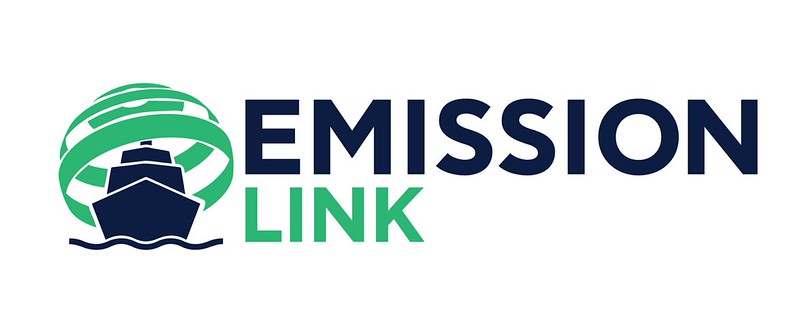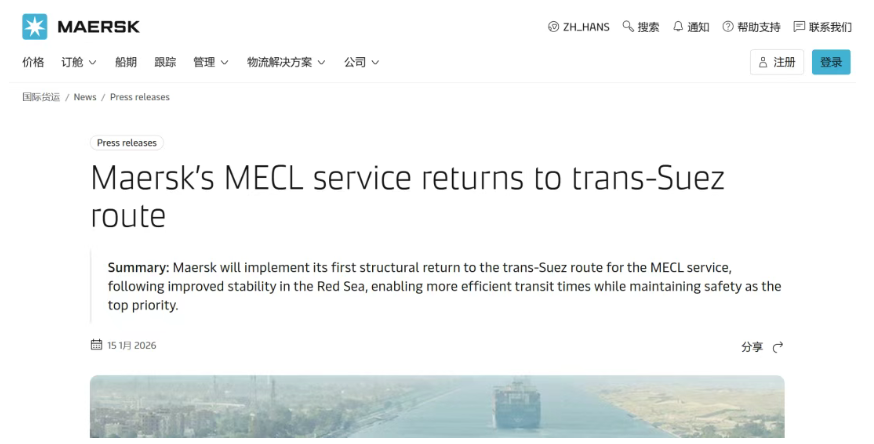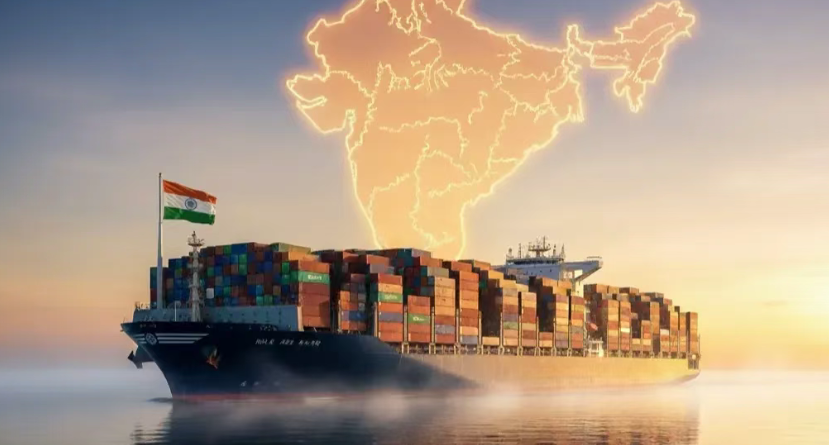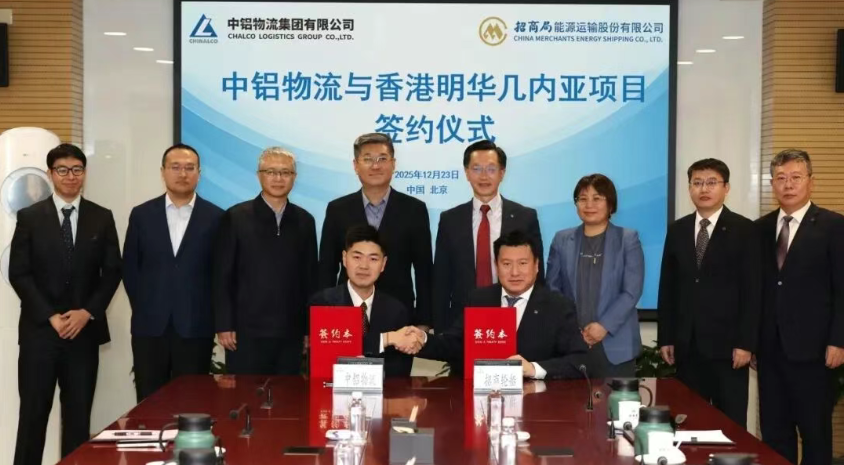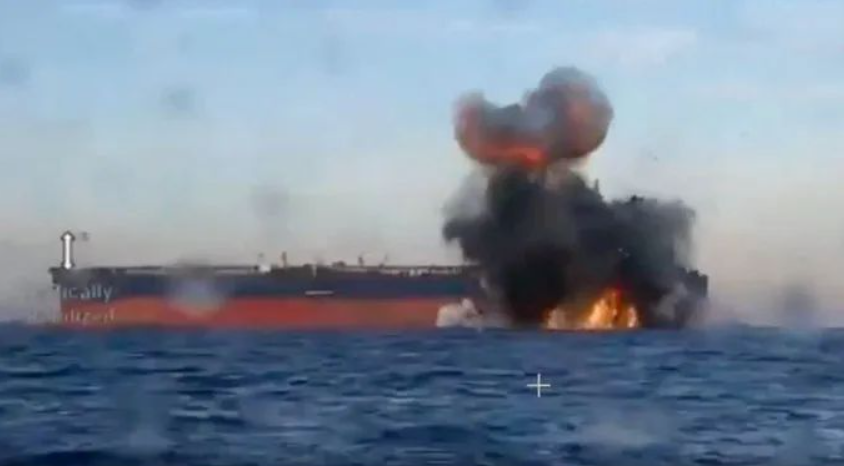
Among International Group P&I Clubs, there have been 858 injuries and 31 fatalities involving mooring operations during the five-year period to 2021. In order to raise the awareness of mooring safety, the International Group launched a mooring operation safety video accompanied by guidance materials highlighting the factors and influencing circumstances on human performance in the lead up to and during mooring operations.
The animated video consists of six acts, each with the recurring warning message “Stop, Think, Stay Alive” and guidance highlights. Specific downloadable guidance documents for different scenarios have also been developed as a learning aid and may be used to facilitate discussions on board. Some keywords and messages addressed in the IG materials include:
·Mooring Operations are Dynamic: The risks involved in mooring operations are dynamic, and new risks may be introduced at short notice. It is important to take time to reassess safety when last minute changes to mooring arrangements are introduced.
·Snapback zone: All mooring ropes will stretch to some degree under tension and more so when constructed from synthetic fibre. When a mooring line parts under load, the sudden release of stored energy in the rope will cause it to recover its original length almost instantaneously. The two ends of the line recoil or “snap-back” toward or past their secured ends with great velocity and anyone standing within the snap-back zone risks serious injury or death. A snap-back zone is therefore an area within which it is unsafe for persons to be positioned when ropes are likely to come under tension. The entire mooring deck should be treated as a potential snap back zone.
·Human performance factors: Factors such as stress, time pressure, distractions, personal abilities, and lack of direction are some common human performance factors that can play a significant role in an incident.
·Open discussion / toolbox talk: An open discussion before starting a job – the ‘toolbox talk’ – helps make sure everyone, including shore personnel, knows the plan and the risks involved in mooring. Further, the company culture must embrace the opportunity for all, regardless of rank or experience, to raise concerns and speak up when in doubt.
·Overriding authority: The Master is responsible for the safety of ship operations and should not give-in to external time pressure to proceed when safety is in doubt. Masters are encouraged to use their overriding authority where there are genuine concerns as this could prevent a life threatening incident from occurring.
Further reference can be made to the established best practices in mooring operations in various publications such as the Code of Safe Working Practices for Merchant Seafarers (COSWP) and the Oil Companies International Marine Forum’s (OCIMF) Mooring Equipment Guidelines.
The opinions expressed herein are the author's and not necessarily those of The Xinde Marine News.
Please Contact Us at:


